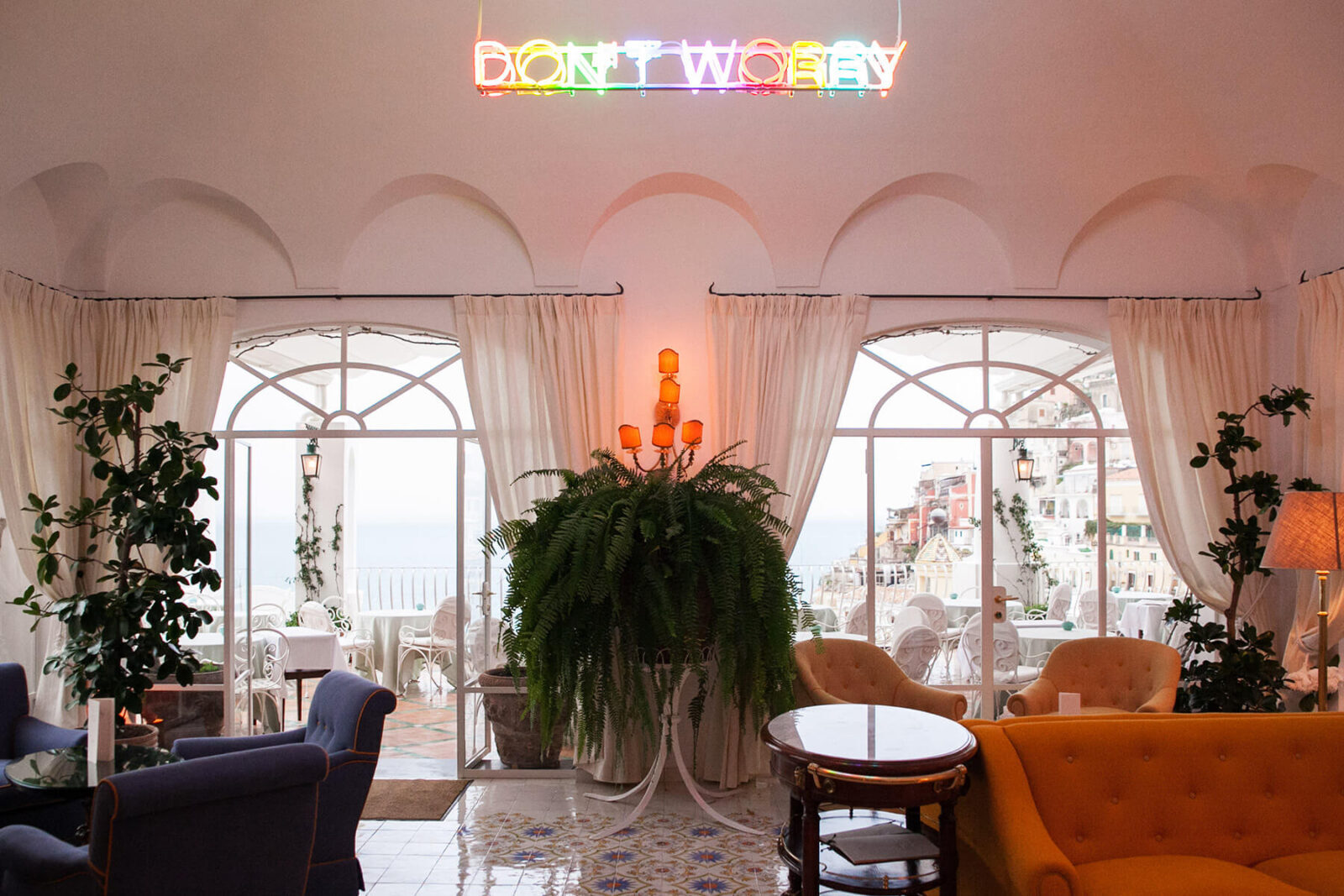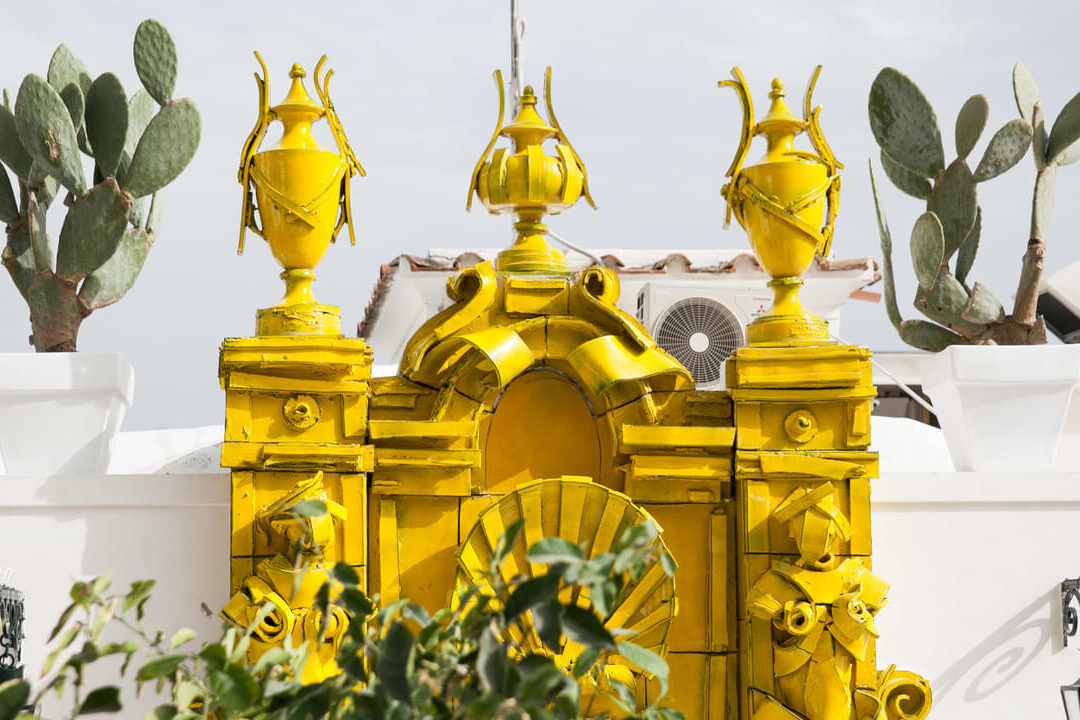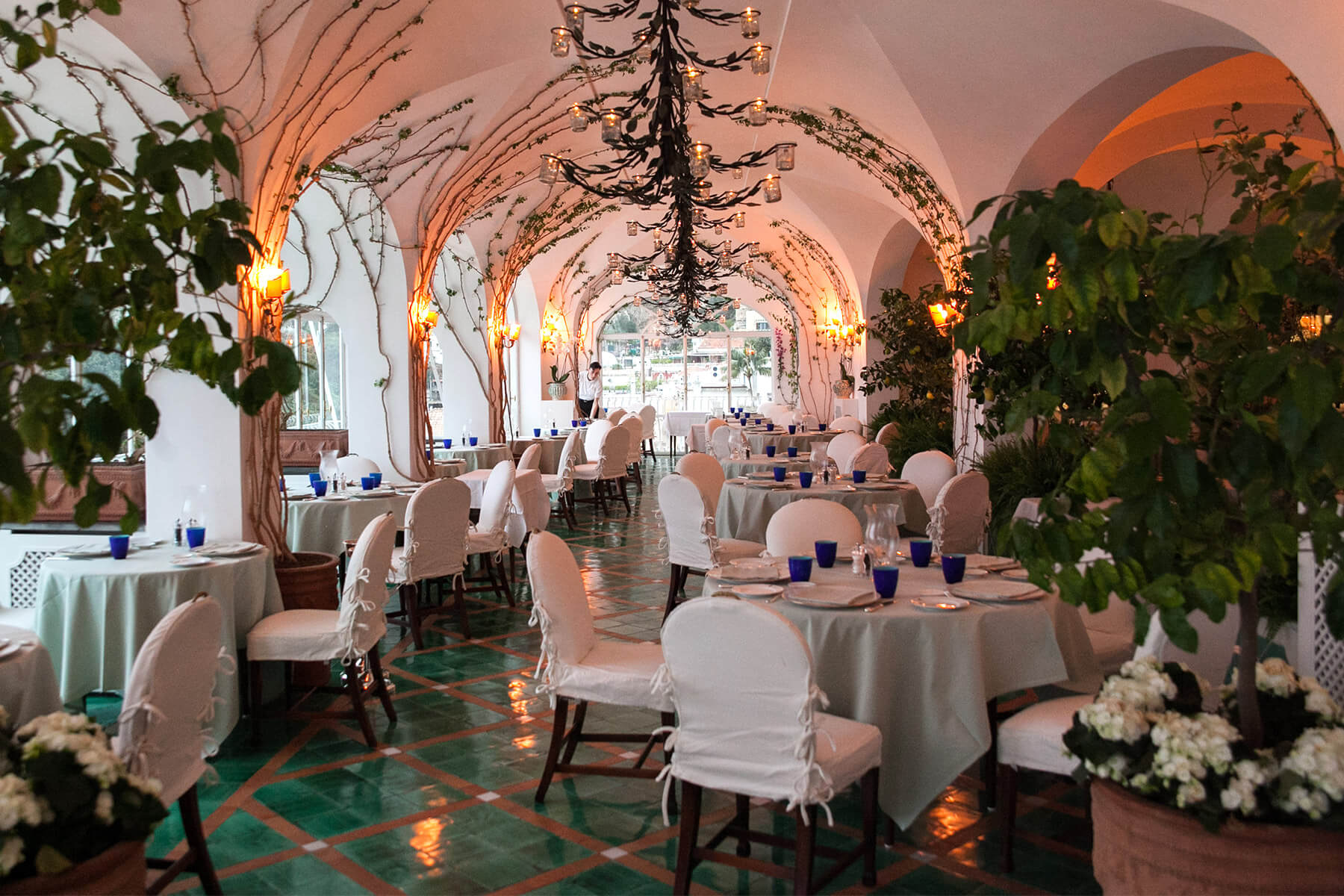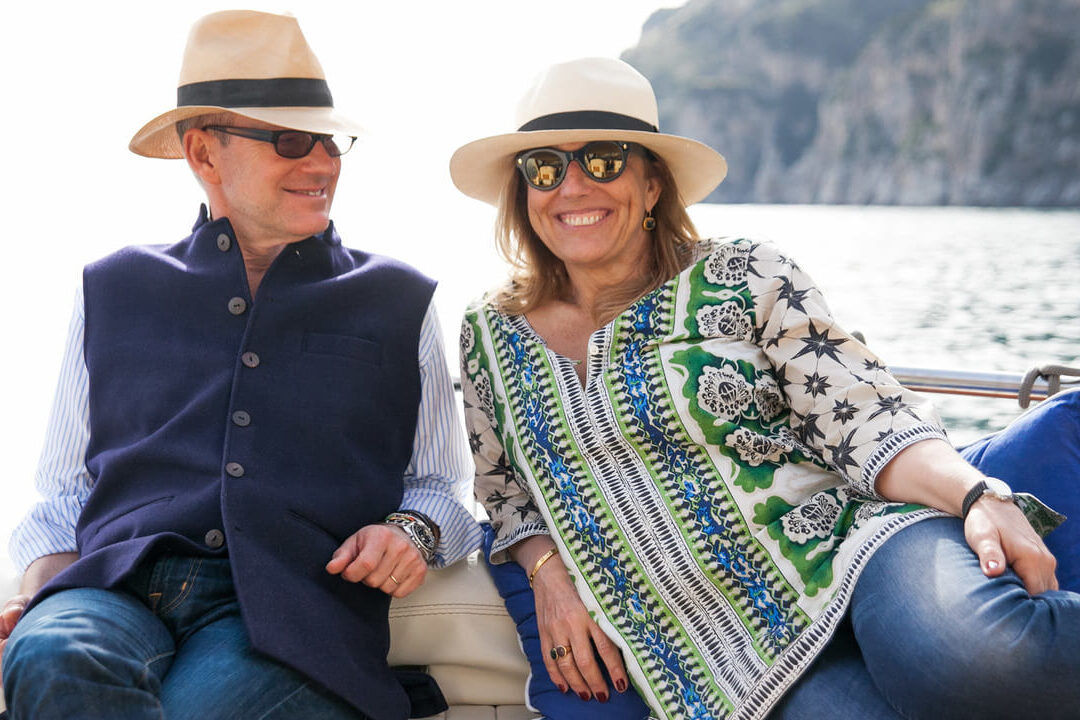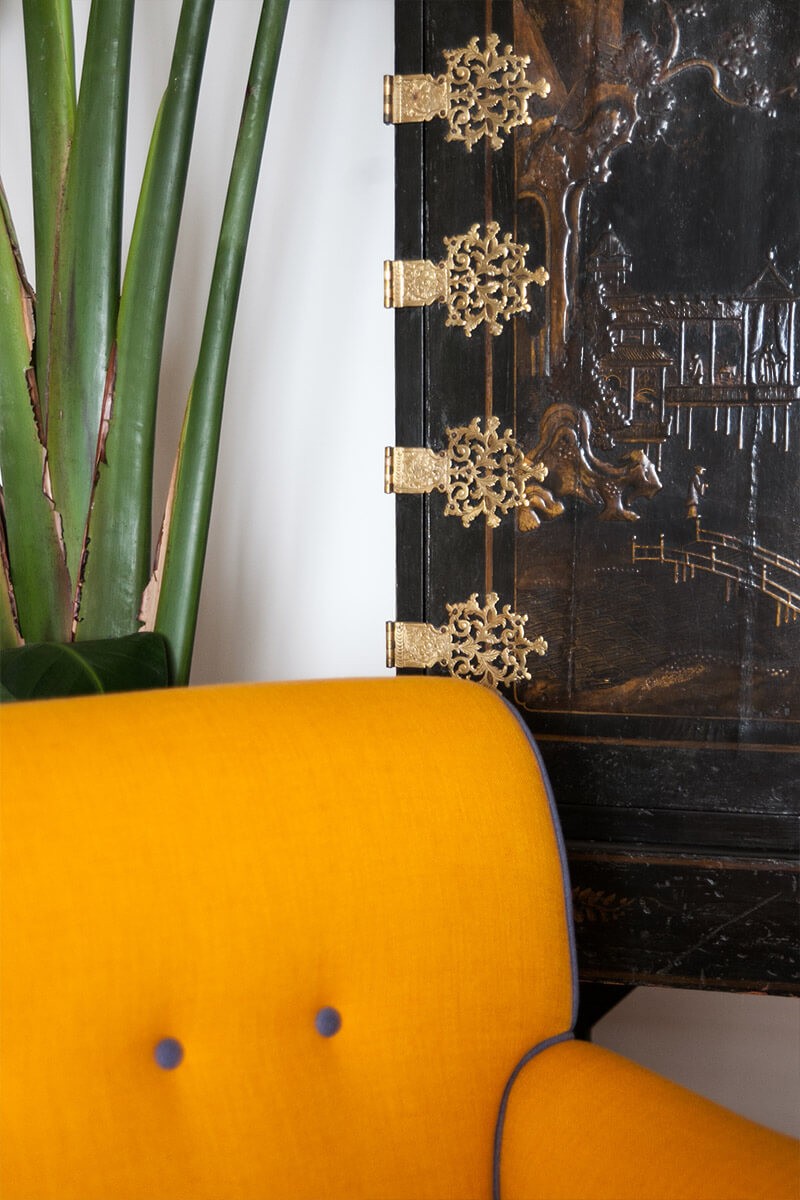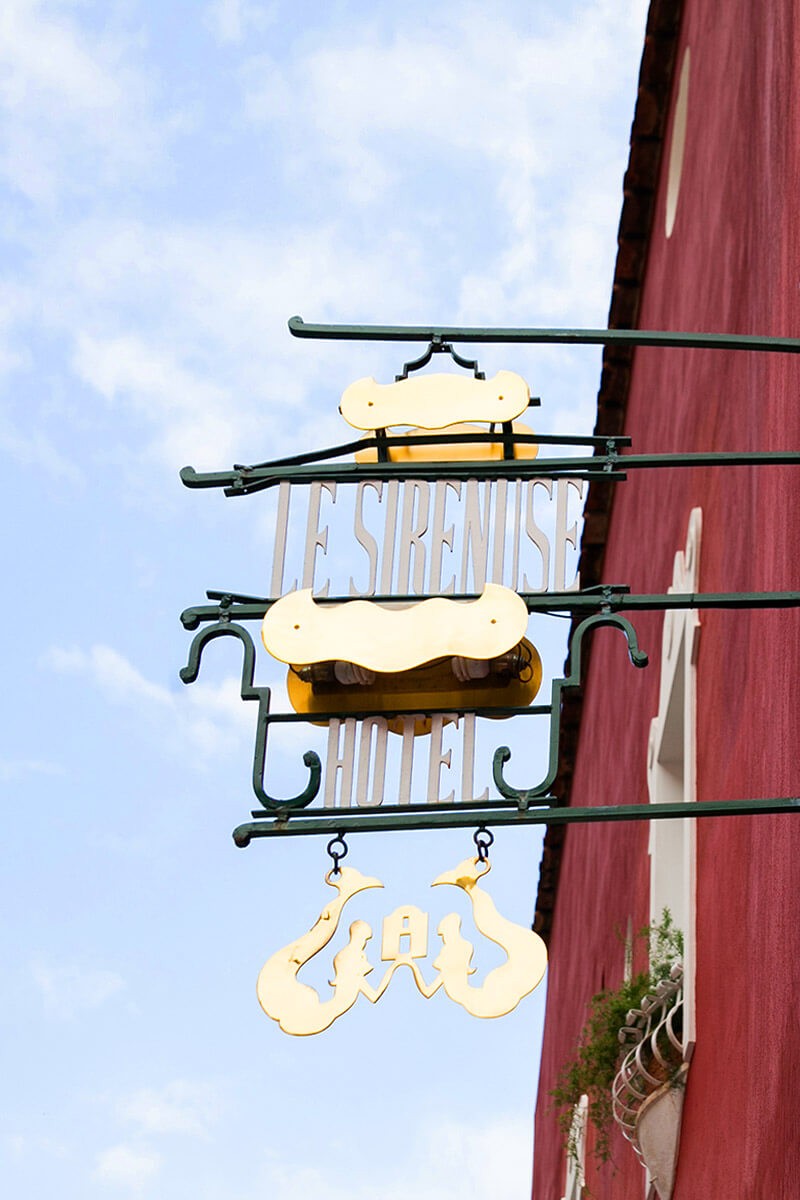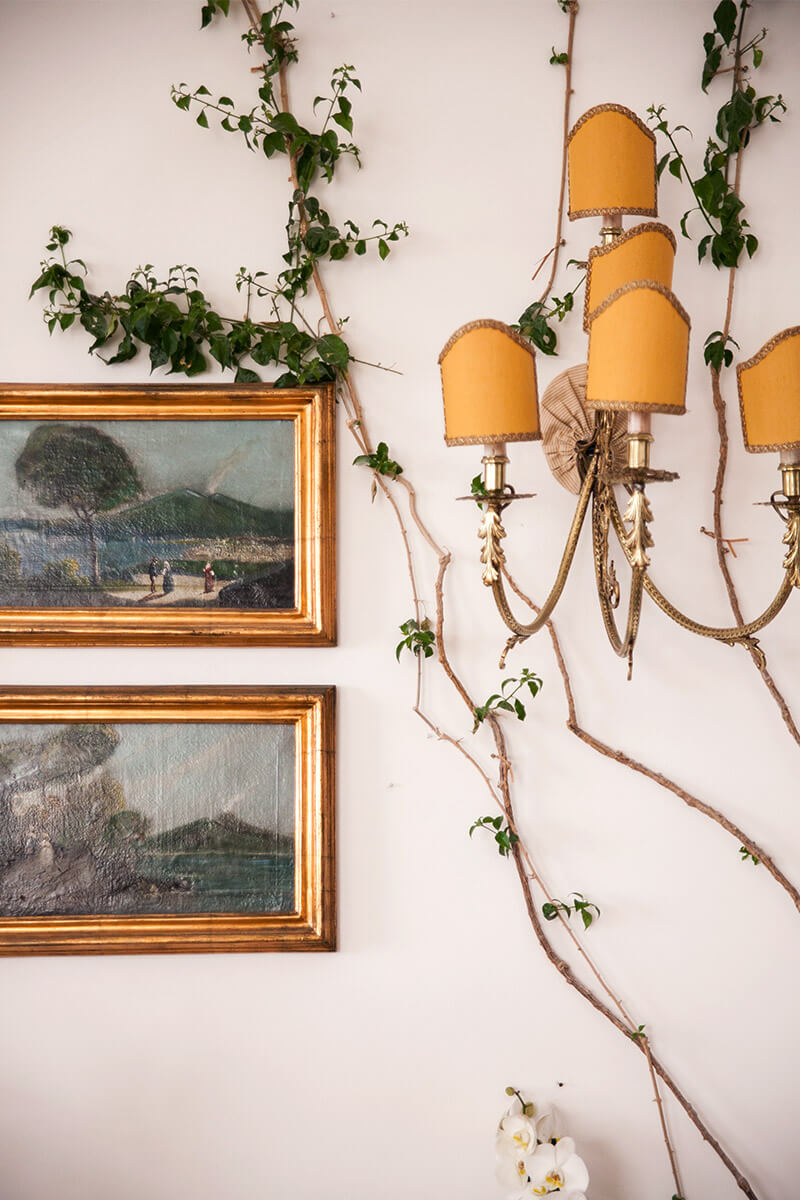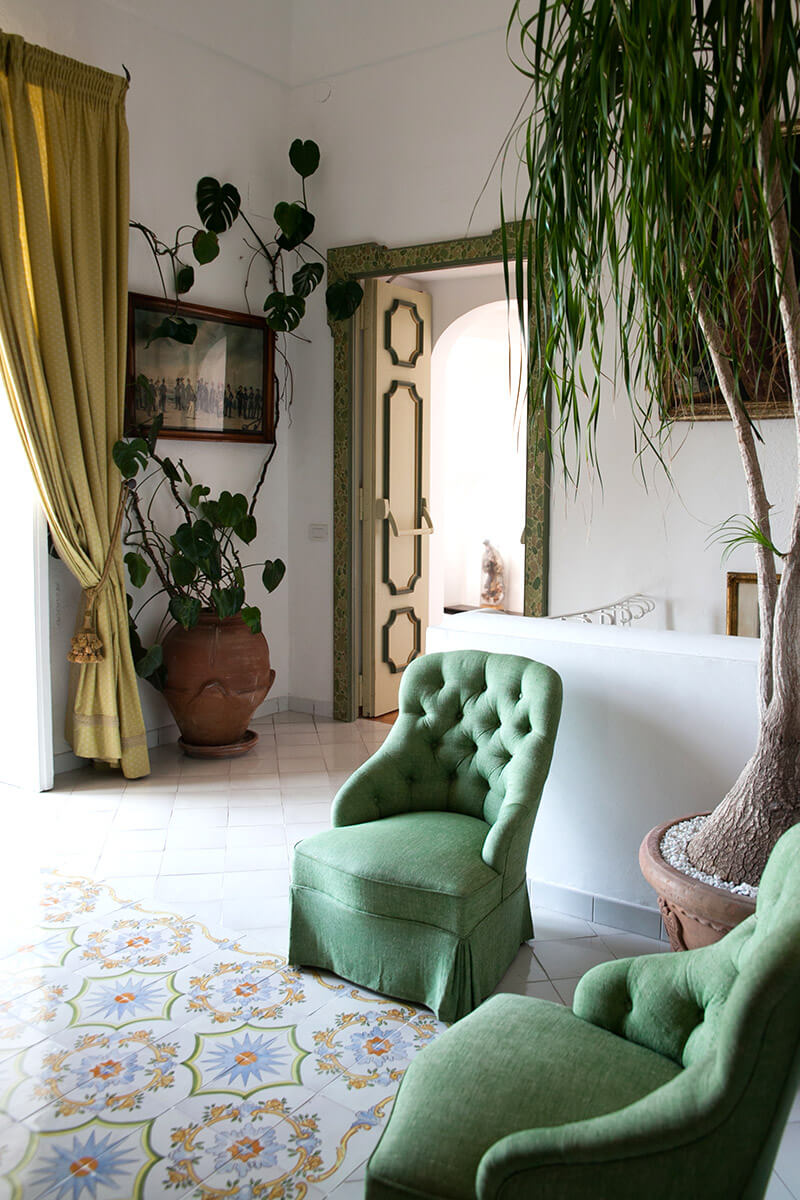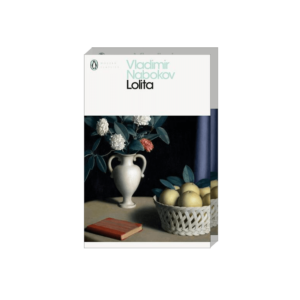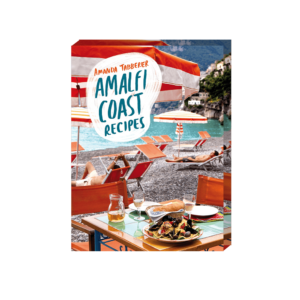Le Sirenuse is not like other hotels. To get there, you have to follow a winding road down the steep, Amalfi coastline of Positano and past the startling array of fine dining establishments. Beyond and below you, you’ll bear witness to unspoiled, crystalline waters and glimpses of the jet black sand from which its idyllic beaches are composed.
The entrance lobby is situated on the fifth floor (each luxurious component of the hotel cascades downwards from that point via a single lift), and you’re immediately greeted by a perfectly curated blend of polished ceramic floors, impeccably upholstered period furniture and vibrant plants. Oh and there’s a good chance that the jovial warmth of the staff who greet you aren’t the staff at all – they’re just as likely to be Antonio and Carla Sersale, the owners of a family-run hotel that is now widely regarded as perhaps the finest in the world.
You see, Le Sirenuse doesn’t only occupy a dream-like position between the cliffs and the ocean. It also sits at that perfect sweet spot between luxury and familial; between modern comforts and old world charm. It is clear from talking to Carla that each unique ingredient that goes into crafting the Sirenuse experience is the result of a distinctive ethos spanning many years and generations. At first she reels of a list of attributes that whilst undoubtedly enticing are what you might expect from any five star hotel: “It’s a very sophisticated place full of comfort. We have a Michelin star restaurant, a champagne and oyster bar upstairs, we have a spa that offers massages and facials and all the rest of it…” It is when you begin to delve into the rich history of the hotel however, which was opened in 1951 by husband Antonio’s father and his two brothers, that you begin to see how special the place is.
Take the spa for example. Antonio – who became the great moderniser of Le Sirenuse and the perfect foil to the open mind and creative impulses of his father Franco – was adamant by the late nineties that they had to install a spa, a gym. Antonio convinced his father of its worth and then, rather than build something generic, they worked with the late, great Italian architect Gae Aulenti to craft something truly special. “It was built in a space that used to be a large nightclub in the sixties before being made into a convention room that was never used,” says Carla, before adding with a laugh, “ because who wants to come to Positano for a convention? It just didn’t make any sense. Why would you want to have all these people in blue jackets and ties wandering around while everybody else is by the pool having drinks?” Gae Alulenti took the space and crafted a very special sanctuary, defined by its symmetry and striking plunge pool.
Timelines, such as that of the nightclub/conference room/spa, are important to Le Sirenuse. Carla talks at length about the history of the hotel, and the always loving, often idiosyncratic nurture that it was shown by the Sersale family. Originally comprised of eight rooms (compared to the 58 it now has), the first visitors were a mixture of returning US veterans who had grown to love the area during their stationing in World War 2 and a thriving group of renowned writers and artists. Famously, John Steinbeck wrote of his stay at Le Sirenuse for Harper’s Bazaar in 1953:
“Nearly always when you find a place as beautiful as Positano, your impulse is to conceal it. You think, “If I tell, it will be crowded with tourists and they will ruin it, turn it into a honky-tonk and then the local people will get touristy and there’s your lovely place gone to hell”. There isn’t the slightest chance of this in Positano […] The cliffs are all taken. Except for the half ruinous houses very high up, all space is utilized.”
This has proved a prescient observation. Whilst so many comparable hotspots have burned out in a flame of over-development, the geography of Positano has meant that even as the clientele have become increasingly elite over the years, the unspoilt charm of the place remains in tact.
Le Sirenuse remains the jewel in this crown of the Italian coast, at once a summation of the years, the culture, the clientele and a vision of how to move things forwards. The late Franco (for whom Antonio recently named his new bar) was a great lover of art and antiquities, handpicking every individual piece of furniture that adorns the rooms and communal areas alike. This commitment to contemporary art (which flies in the face of the old-fashioned decor one might expect to find) continues today. In fact, Antonio and Carla commission special pieces exclusively for the hotel – most recently, the Turner Prize-winning Martin Creed made a bold, neon sign for the bar. “We didn’t have a say [in what he was creating] and that’s how we wanted it to be,” says Carla of the unusual installation. “And you know what? It looks amazing, fantastic.” Carla also founded a clothing line in recent years that channels the essence of the Sirenuse lifestyle into beautifully rendered womenswear and menswear, inspired by the exotic textiles of her husband’s childhood in Tehran and beyond. The Michelin-starred restaurant that graces the hotel is now headed up by a precociously talented 29-year-old chef who, despite his innovative approach, is “always focusing on local ingredients; local traditions.”
Most remarkably is how everything comes together in a way that never distracts from the simple pleasures of a stay at Le Sirenuse. Perhaps the entire experience is best summed up by bridging the words of two seemingly disparate artistic masters, each of whom fell in love with the place during their stay at the hotel. For John Steinbeck, it was “a dream place that isn’t quite real when you are there and becomes beckoningly real after you have gone.” For Martin Creed, the comforting, homely sense of luxury that visitors experience was encapsulated even more concisely in the wording of his neon sign that now greets newcomers: Don’t Worry.
Sit back, relax, and watch a film on the Amalfi Coast. The only dilemma… which will you choose?
Essentials any discerning holidaymakers.
“No one is better placed to help you live out the perfect Positano experience than Carla. Living and working there (their home is near to Le Sirenuse and they dine in the hotel’s Michelin-starred restaurant three times a day), Carla admits that ‘sometimes it can feel like you are always on holiday…”
A good book: it may be a humble item but one that can prove the piece d’resistance of any successful holiday. Carla’s dream bookshelf is as diverse as you might expect, finding room for both classic Russian literature and the edgier heroes of twentieth-century American writing. Of course, a couple of titles that explore the majesty of the Amalfi coast don’t go amiss either.
What does the word “taste” mean to you?
Antonio:
Something elegant, that is thought out and encompasses beauty..
Do you have a life motto that you live by?
Antonio:
Live life to it’s fullest
What was the last thing that made you laugh?
Antonio:
Knowing that a pasta dish I prepared in a friends house was loved…
What are your favourite qualities in a human being?
Antonio:
Honesty, kindness, tenderness.
Who is your hero?
Antonio:
The person who stands up and gives his seat to an elderly person.
What is your biggest flaw?
Antonio:
I get stressed.
What is your best quality?
Antonio:
I like looking ahead.
What would your last meal on earth be?
Antonio:
Spaghetti al pomodoro e piccata al limone.
What does success mean to you?
Antonio:
Being happy.
If you had the power to change anything you wanted in the world, what would you change?
Antonio:
Climate change.


